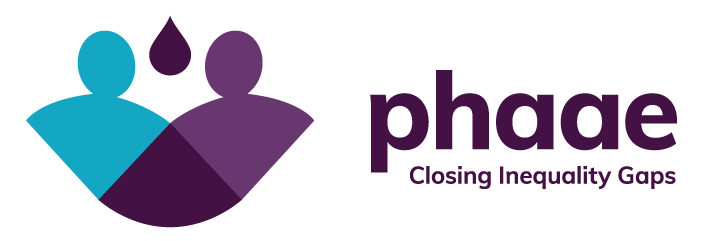The Right to Health Is Human Right
By Uc-Okonmah
The human right to health means that everyone has the right to the highest attainable standard of physical and mental health, which includes access to all medical services, sanitation, adequate food, decent housing, healthy working conditions, and a clean environment.
What this means is;
The human right to health guarantees a system of health protection for all.
Everyone has the right to the health care they need, and to living conditions that enable them to be healthy, such as adequate food, housing, and a healthy environment.
Health care must be provided as a public good for all, financed publicly and equitably. The human right to health care means that hospitals, clinics, medicines, and doctors’ services must be accessible, available, acceptable, and of good quality for everyone, on an equitable basis, where and when needed irrespective of location, level of education and socioeconomic status.
The design of a health care system must be guided by the following key human rights standards and components:
- The Right to Appropriate Health Care
The right to healthcare requires the establishment of health facilities, goods and services such as hospitals, doctors and drugs that are of good quality and available to all on an equal basis. These services must be affordable to everyone, the dignity of the people and their diverse needs must be respected and operations must be transparent. And these facilities must provide preventive, curative, palliative and rehabilitative health services, including regular screening programs, appropriate treatment of prevalent diseases and illnesses, injuries, both physical and mental and all necessary medications. Health care institutions and providers in other words must respect dignity, provide culturally appropriate care, be responsive to needs based on gender, age, culture, language, and different ways of life and abilities. They must respect medical ethics and protect confidentiality.
- The Right to an Adequate Supply of Water, Food, Nutrition and Housing
The right to health requires equal access for all underlying determinants of health, such as an adequate supply of food and proper nutrition, safe and potable water, basic sanitation and adequate housing and living conditions. These amenities are not privileges but basic human rights.
- The Right to a Healthy Environment and Healthy Working Conditions
The right to a healthy environment requires ‘’the prevention and reduction of the population’s exposure to harmful substances… or other detrimental environmental conditions that directly or indirectly impact upon human health’’, including the pollution of air, water and soil. The right to safe and healthy working conditions requires the establishment of ‘‘preventive measures in respect of occupational accidents and diseases’’, as well as the minimization of the ‘’causes of health hazards inherent in the working environment’’.
‘’ To deny people their human rights is to challenge their very humanity.’’
Nelson Mandela
- The Right to Maternal, Child and Reproductive Health
The right to health requires special provisions for improving child and maternal health, sexual and reproductive health services as well as the treatment of diseases affecting women, reduction of women’s health risks and protection of women from domestic violence.
- The Right to participate in Health-Related Decision-Making
The Right to health requires the promotion of effective community participation in ‘’setting priorities, making decisions, planning, implementing and evaluating strategies to achieve better health’’.This includes participation in the ‘’provision of preventive health services, such as the organization of the health sector, the insurance system and in particular, participation in political decisions relating to the right to health taken at both the community and national levels’’. Therefore Individuals and communities must be able to take an active role in decisions that affect their health, including in the organization and implementation of health care services.
- The Right to Access Health-Related Information
The Right to access health-related information requires ‘’the promotion of medical research and health education, as well as information campaigns, in particular with respect to HIV/AIDS and [other sexually transmitted diseases], sexual and reproductive health, traditional practices, domestic violence, the abuse of alcohol and the use of cigarettes, drugs and other harmful substances’’ Health information must be easily accessible for everyone, enabling people to protect their health and claim quality health services. Institutions that organize, finance or deliver health care must operate in a transparent way.
